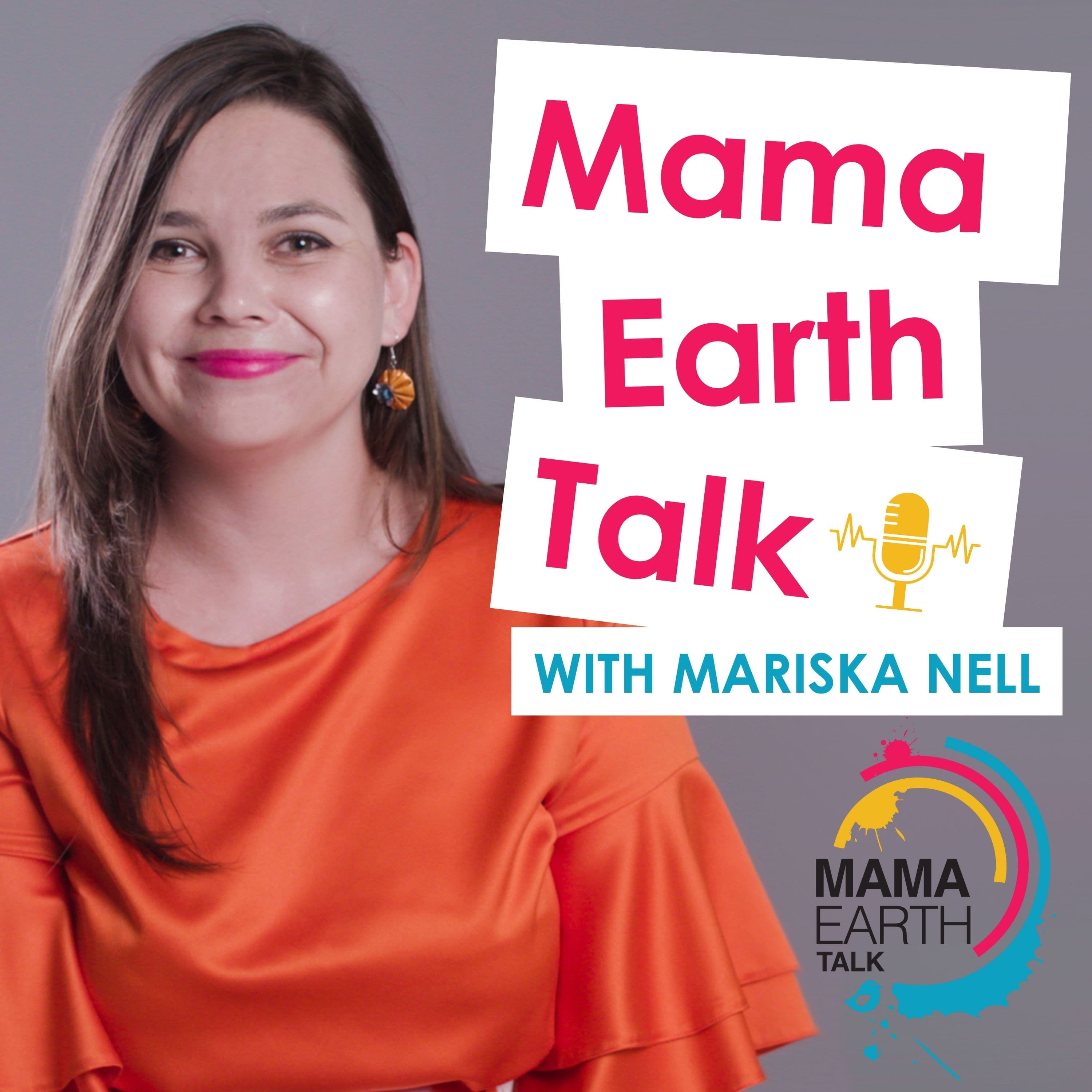186: Circular Economy in Action
Description
In this episode, we dive into the concept of the circular economy, exploring how it differs from the traditional linear model and why it’s essential for a sustainable future. From understanding the role of design in extending product lifecycles to discovering innovative companies like Loop by Terracycle and Herman Miller, we highlight real-world examples of circularity in action.
Key differences between the linear and circular economies:
Linear Economy: Us humans have adopted a linear approach that maximizes profits without paying the true costs. (Short term profit, no real thought of the long term implications)Circular Economy: Nature shows us the way with a circular approach, where everything goes back into the earth to feed the next cycle, maximizing the life cycle of products. (There is a )Linear Economy: Waste equals waste.Circular Economy: Waste equals food for the next step in the cycle.Linear Economy: Design prioritizes customer needs, usability, and appealing packaging.Circular Economy: Design prioritizes recycling, easy repair and replacement of components, and ultimately, a product's full lifecycle.
Links from the episodes:
Ellen MacArthur Foundation
The Story of stuff by Annie Leonard
Patagonia
The Shitthropocene | Full Film | Welcome to the Age of Cheap Crap
Nudie Jeans
Rent Runway
ThredUp
Shop Retold
Fairphone
Plaine Products
Loop by Terracycle
Herman Miller
Cradle to Cradle
KEY TAKE AWAY“The circular economy reimagines waste as a resource, driving sustainability by keeping products and materials in use and regenerating nature.”
Image Source: Final Straw
More Episodes
In this episode, we talk to Maddie Hamann, a remarkable individual with a journey that spans diverse fields. She began with a B.S. in Civil Engineering, followed by a Ph.D. in Oceanography, and went on to manage large-scale projects, ranging from research campaigns to art installations....
Published 11/03/24
Published 11/03/24
In this episode, we talk to Paul Hargreaves, the CEO of Cotswold Fayre and Flourish, two award-winning businesses committed to sustainability. Paul's company was one of the first in the UK to certify as a B Corp, setting a powerful example for other companies looking to balance purpose and...
Published 10/07/24


